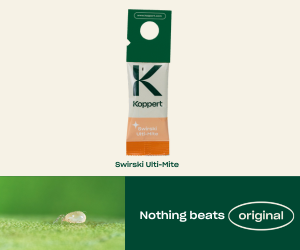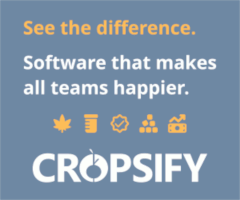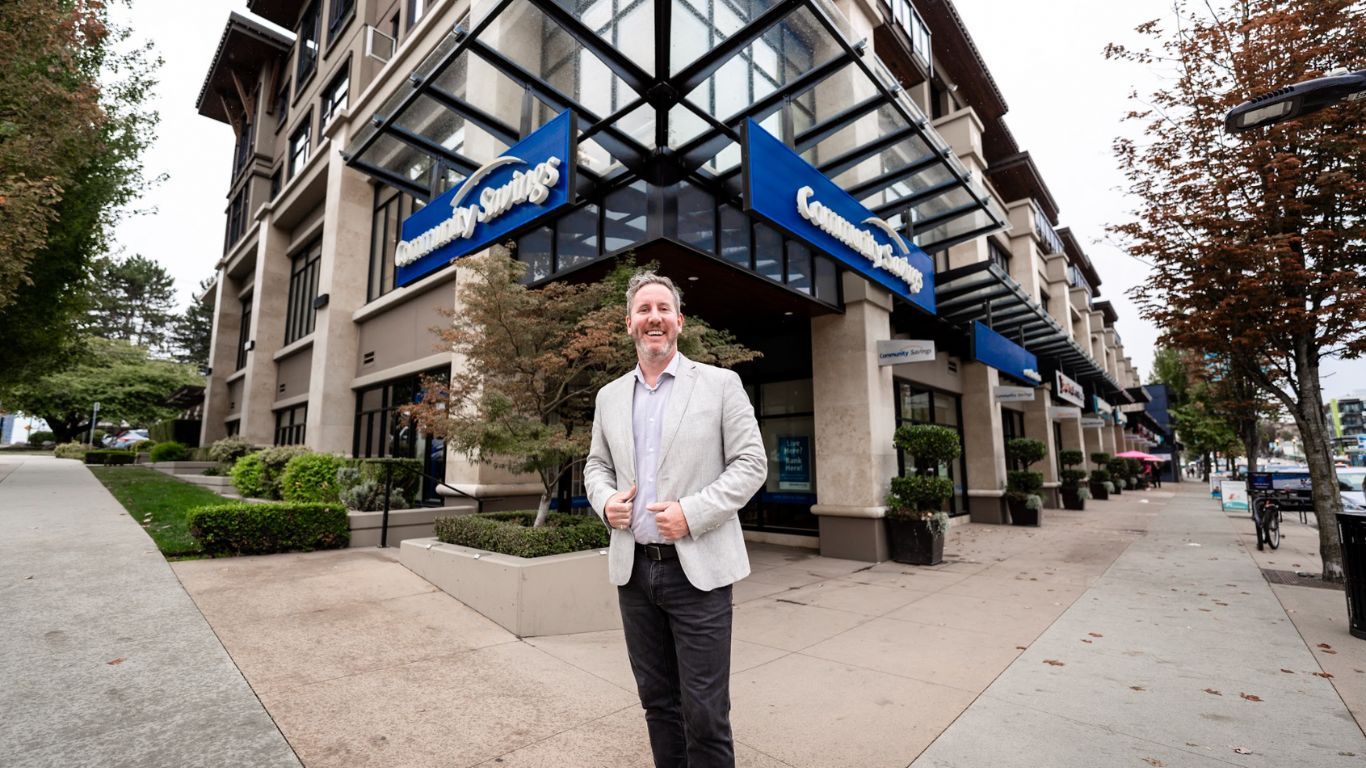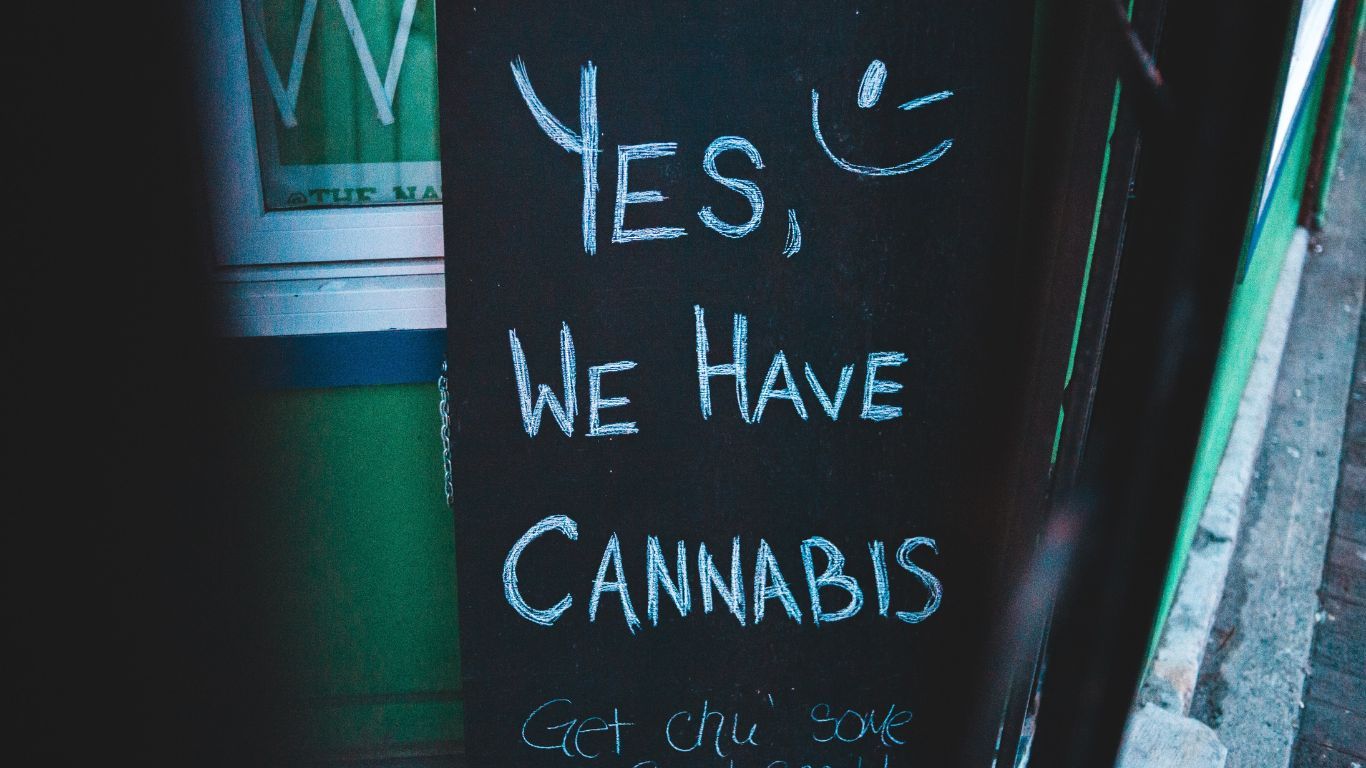
British Columbia’s cannabis distribution branch is announcing several new policy changes for the cannabis sector.
In a memo sent out to industry stakeholders, the BC Liquor Distribution Branch (LDB) says it will be implementing several policy changes aimed at supporting the cannabis industry. It will also be conducting a review of its direct delivery program, which was first launched in 2022.
The three new policy changes include:
- Permanently eliminating the requirement for licensed producers to maintain mandatory recall insurance, which the LDB says will help cannabis companies become more financially viable.
- Temporarily amending supplier payment terms, from 30 to 14 days, for a period of six months. Beginning April 30, 2023, and extending until October 31, the LDB will temporarily change the payment terms for licensed producers using the provincial system for distribution from 30 days to 14 days.
- Permanently reducing the reporting frequency for licensed producers participating in the direct delivery program from weekly to bi-weekly. Beginning April 30, 2023, the LDB will reduce the required reporting frequency from weekly to every two weeks.
The LDB also says they will be undertaking a review of the direct delivery program in partnership with the provincial Cannabis Secretariat.
The review of the program, which was first launched in August 2022, will be looking to see if the program is working to assist small cannabis producers in the province. The results of the review will be posted at a later date.
As a result of these changes, the LDB has also updated its supply agreement. A notice of amendment will be provided to all licensed producers via email in the coming days. The updated supplier agreement will also be published on the central delivery and direct delivery supplier websites.
Timothy Deighton, one of the owners of Sweetgrass Cannabis, a micro producer in the Kootenays, says he sees the changes as positive, noting the changes for recall insurance could save micros thousands or even tens of thousands of dollars a year when doing business in BC.
Although Sweetgrass doesn’t currently participate in the direct delivery program, Deighton also says he’s happy to see they are reviewing it, noting the 15 percent fee the LDB still charges producers to use the program has made it too costly for his company.
“Those are great changes, and I’m really happy to hear about this. I’m also happy to see they are reviewing the direct delivery program, and I hope they can look at the 15 percent fee. It costs companies more to do direct delivery than just by sending to the BCLDB.”
Janeen Davis, VP of sales at Joint Venture Craft Cannabis Inc (JVCC), which helps bring numerous BC micro and other craft growers to market, including through the direct delivery program, says she expected the announcement and is happy to see the province responding to industry concerns.
“This comes as no surprise to those of us who have engaged in good faith with the BCLDB and Cannabis Secretariat’s office. They care deeply about the success of our industry and have advocated for changes on our behalf.”
Kirk Tousaw, the CEO of Great Gardener Farms, a micro producer on Vancouver Island, says the removal of the requirement for recall insurance will allow them to take more ownership over their supply chain.
“For a small craft producer like Great Gardener Farms, dropping the recall insurance requirement means we can actually pursue getting a processing license so that we can package and sell our flower directly to retailers. We also welcome any efficiencies that can be built into the direct delivery system.”
Note: This article has been updated to add comments from Deighton, Davis and Tousaw.



























